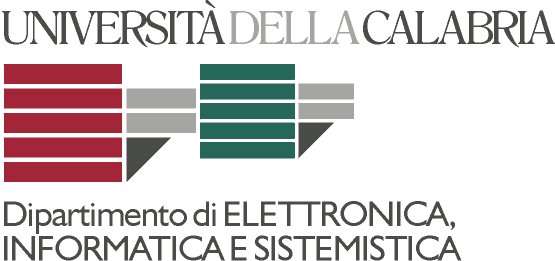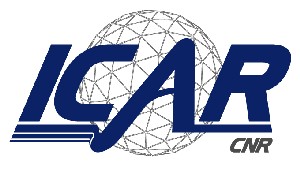Call for Papers/Posters/Demos
Originally, managing uncertainty and inconsistency has especially been explored in Artificial Intelligence. During the recent years, especially with the availability of massive amounts of data in different repositories and the possibility of integrating and exploiting these data, technologies for managing uncertainty and inconsistency have started to play a key role in databases and the Web. Some of the most prominent such technologies are probably the ranking algorithms standing behind web search engines. Techniques for handling uncertainty and inconsistency are expected to play a similarly important role in the context of the Semantic Web.
The annual International Conference on Scalable Uncertainty Management (SUM) has grown out of this very large interest on managing uncertainty and inconsistency in databases, the Web, the Semantic Web, and AI. It aims at bringing together all those interested in the management of large volumes of uncertainty and inconsistency, irrespective of whether they are in databases, the Web, the Semantic Web, or in AI.
The very successful First International Conference on Scalable Uncertainty Management (SUM 2007) was held in Washington DC, USA, Oct. 10-12, 2007. The Second International Conference on Scalable Uncertainty Management (SUM 2008) will be held in Naples, Italy, October 1-3, 2008.
Submissions are solicited in all areas of massive uncertainty and inconsistency, including (but not restricted to) the topics listed below:
We especially want to encourage submissions from uncertainty and inconsistency management in databases, as well as from uncertainty and inconsistency handling in the Web and the Semantic Web. We seek both theoretical and practical works.
Publication
The proceedings will be published by Springer as Volume 5291 in the Lecture Notes in Computer Science/Lecture Notes in Artificial Intelligence (LNCS/LNAI) series and will be available at the conference. After the conference, we are also planning to bring out a special issue of a journal with selected papers from the conference.
 |
 |
Submission of Papers/Posters/Demos
Submissions must be typeset using the Springer LaTeX2e style llncs for Lecture Notes in Computer Science (see this link). The length should not exceed 14 pages for full papers, 9 pages for short papers, 4 pages for posters, and 6 pages for system descriptions (for system demos at the conference). Short papers, posters, and system descriptions should be clearly marked as such in the title and in the easychair submission system. Submissions which deviate substantially from these guidelines may be rejected without review. Submissions will especially be judged for originality and scientific quality. All accepted papers, posters, and system descriptions will be included in the proceedings.
Important Dates
Paper submission deadline: June 5, 2008
Poster/demo submission deadline: June 12, 2008
Accept/reject decisions: July 8, 2008
Camera ready papers/posters/demos due: July 18, 2008
Last day for author registration: July 28, 2008
Last day for early registration fee: September 1, 2008

